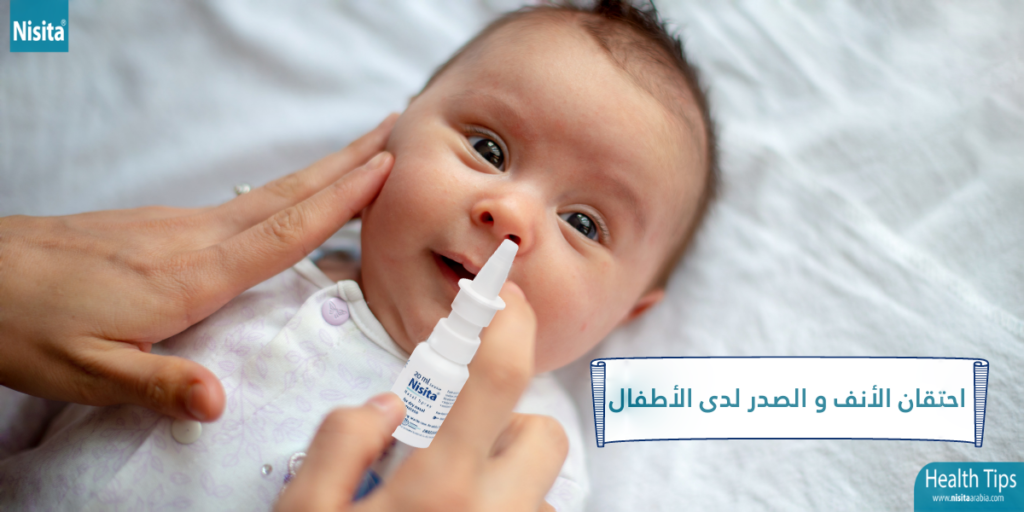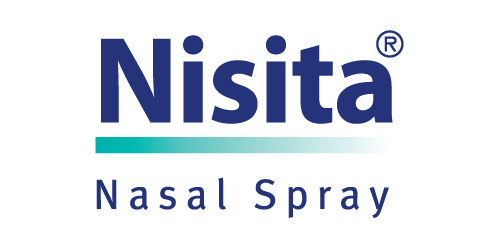
Congestion is very common in babies and it is not life-threatening but it can be extremely uncomfortable for your baby as it causes difficulty in breathing. In this article, we provide you with an overview of congestion in babies, its causes, symptoms, and remedies.
Causes of Infant Chest Congestion
1. Common Cold
2. Low Immunity
3. Irritants such as cigarette smoke, vehicle fumes, and cooking smoke
4. Asthma
5. Premature Birth
Signs and Symptoms of Chest Congestion in Babies
1. Difficulty in Breathing
2. Coughing
3. Mood Swings
4. Insomnia or snoring while sleeping
5. Poor Appetite
6. Fever
When to see a doctor
If you spot these warning symptoms, you must take your baby to a doctor immediately.
- Trouble Breathing
This results from severe chest congestion or a blocked air pipe. If his lips turn blue, he grunts, moans, and his nostrils flare, your baby requires medical attention.
2. Fatigue
If your baby appears fatigued and his urine output is less, you should take him to a doctor immediately.
Remedies for Chest Congestion in Infants
- Provide steam such as the use of a humidifier in the baby’s room.
- Pat your baby’s back to loosen the mucus stuck in the chest area.
- Bathe your baby with warm water to clear congestion.
- Use Nisita® Nasal Spray or Nisita® Nasal Ointment which are safe for infants and children, with the advice of a doctor.
To know more, check Nisita® website below: https://bit.ly/3mBZJCN
- Remove potential allergens or pollutants from the home’s air by vacuuming up pet hair, not burning candles, and not smoking.
- Use Prospan® herbal cough syrup to liquefy mucus trapped in the chest, alleviate inflammations, relieve the cough and help your baby breathe more freely.
Prospan® is safe for children from their first day of birth.
Mild to moderate congestion is common in babies and should only last for a few days.
If you are concerned about the baby’s ability to breathe or your baby is under 3 months old and has a fever, you should seek immediate medical attention.
If the congestion interferes with a baby’s ability to feed or sleep, or if the baby is older than 3 months and has a fever, you should talk with the baby’s pediatrician.
We wish you and your family health and wellness.
